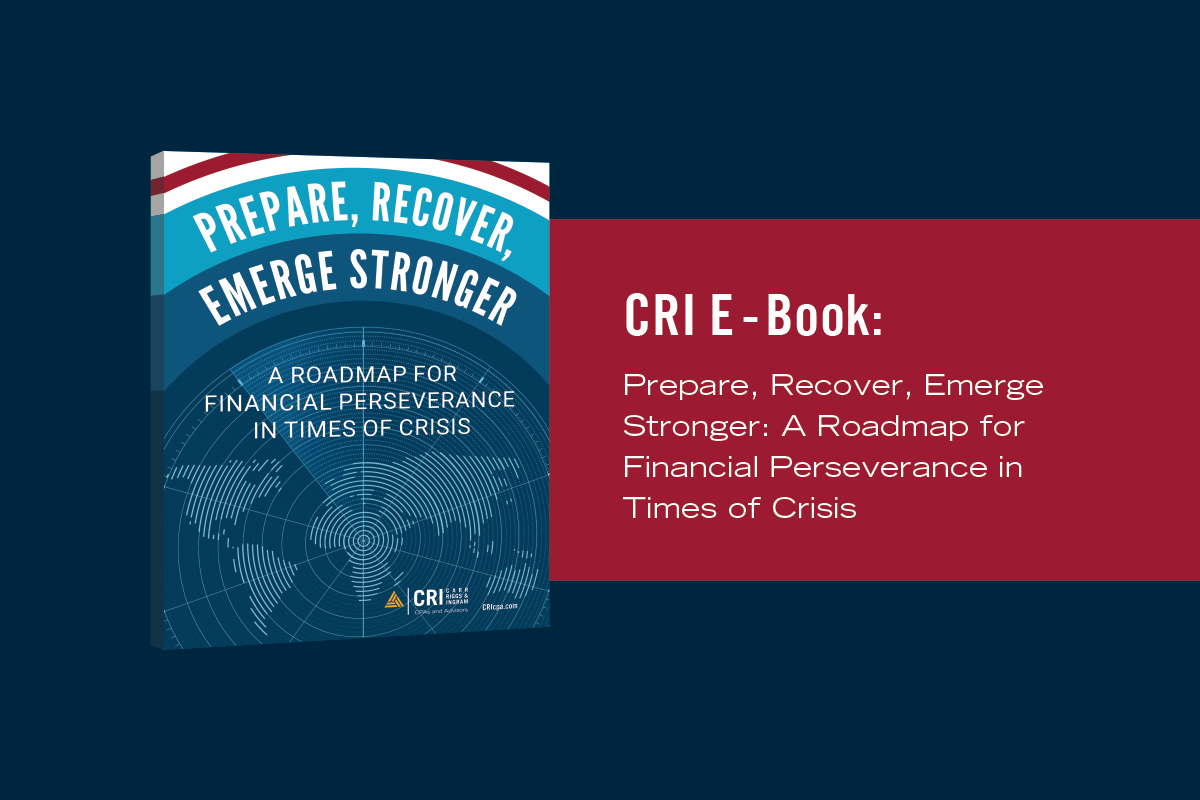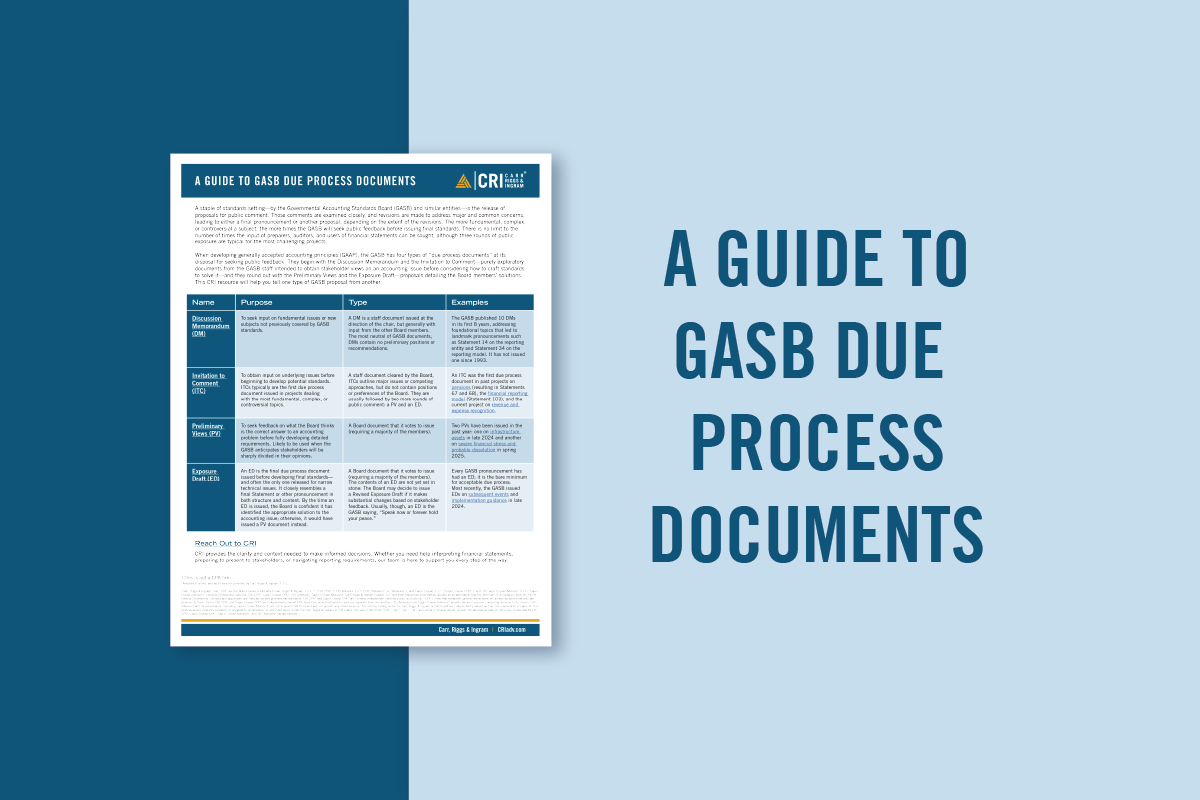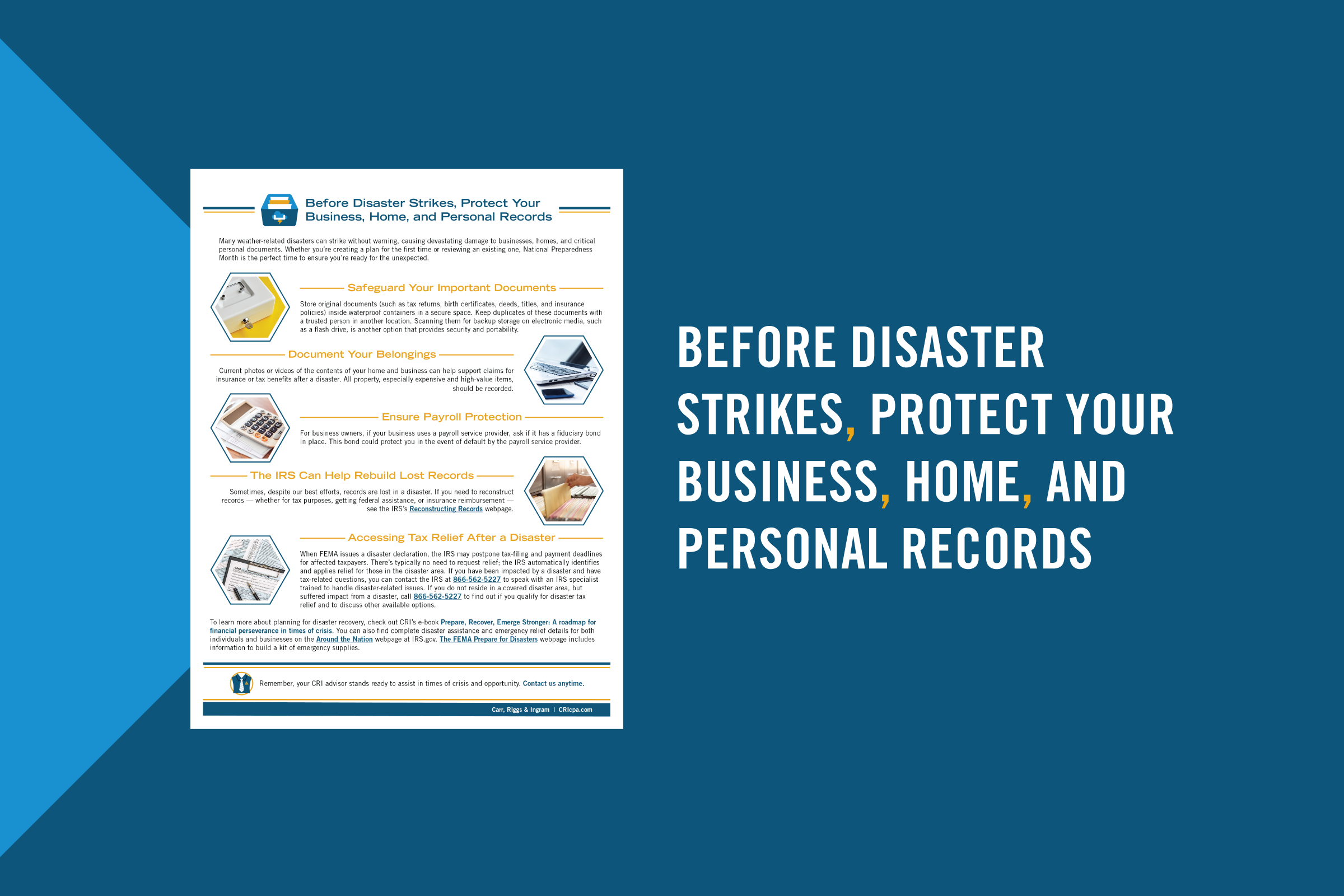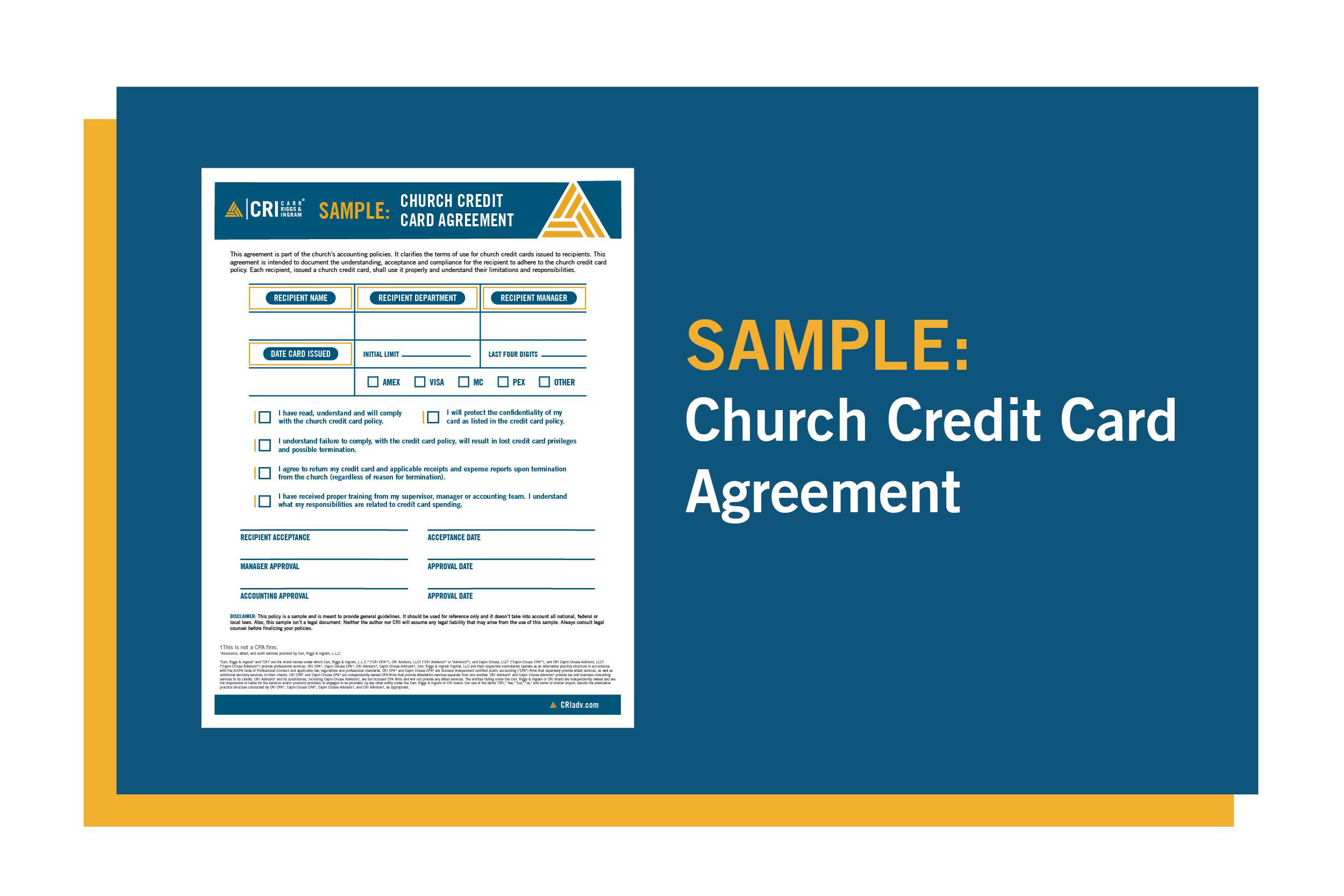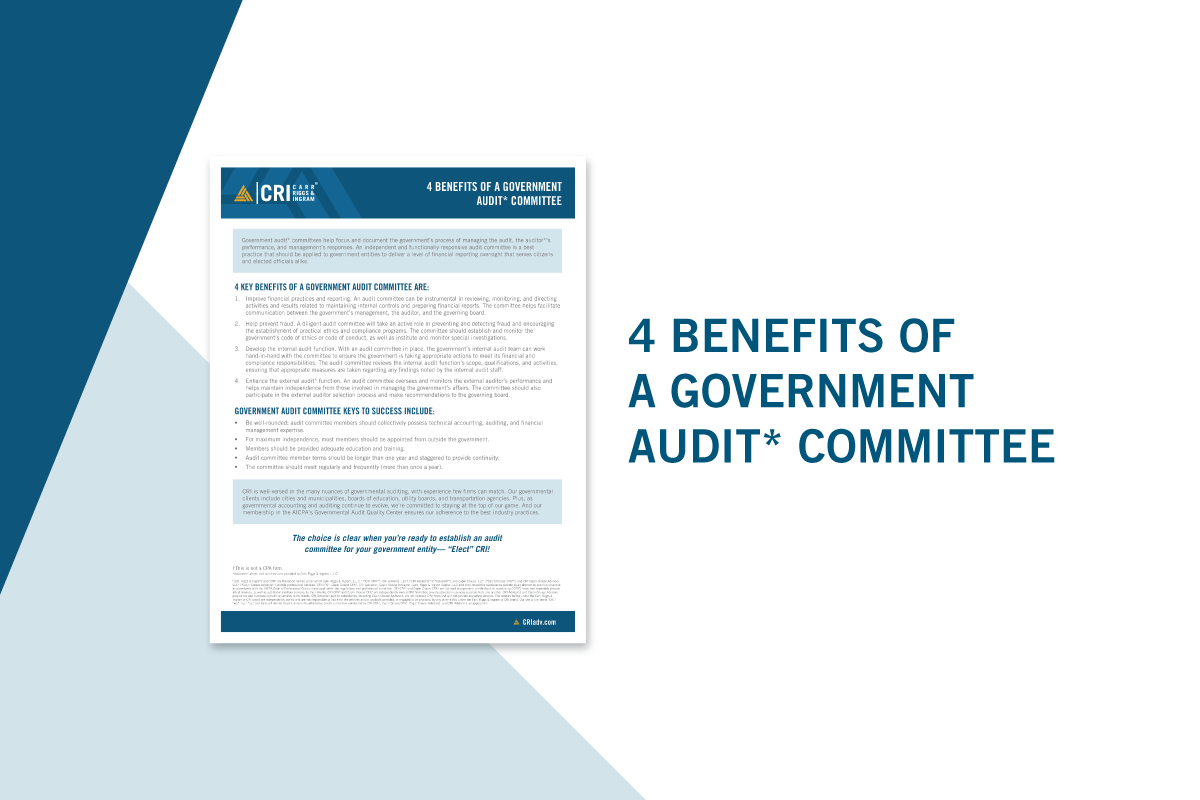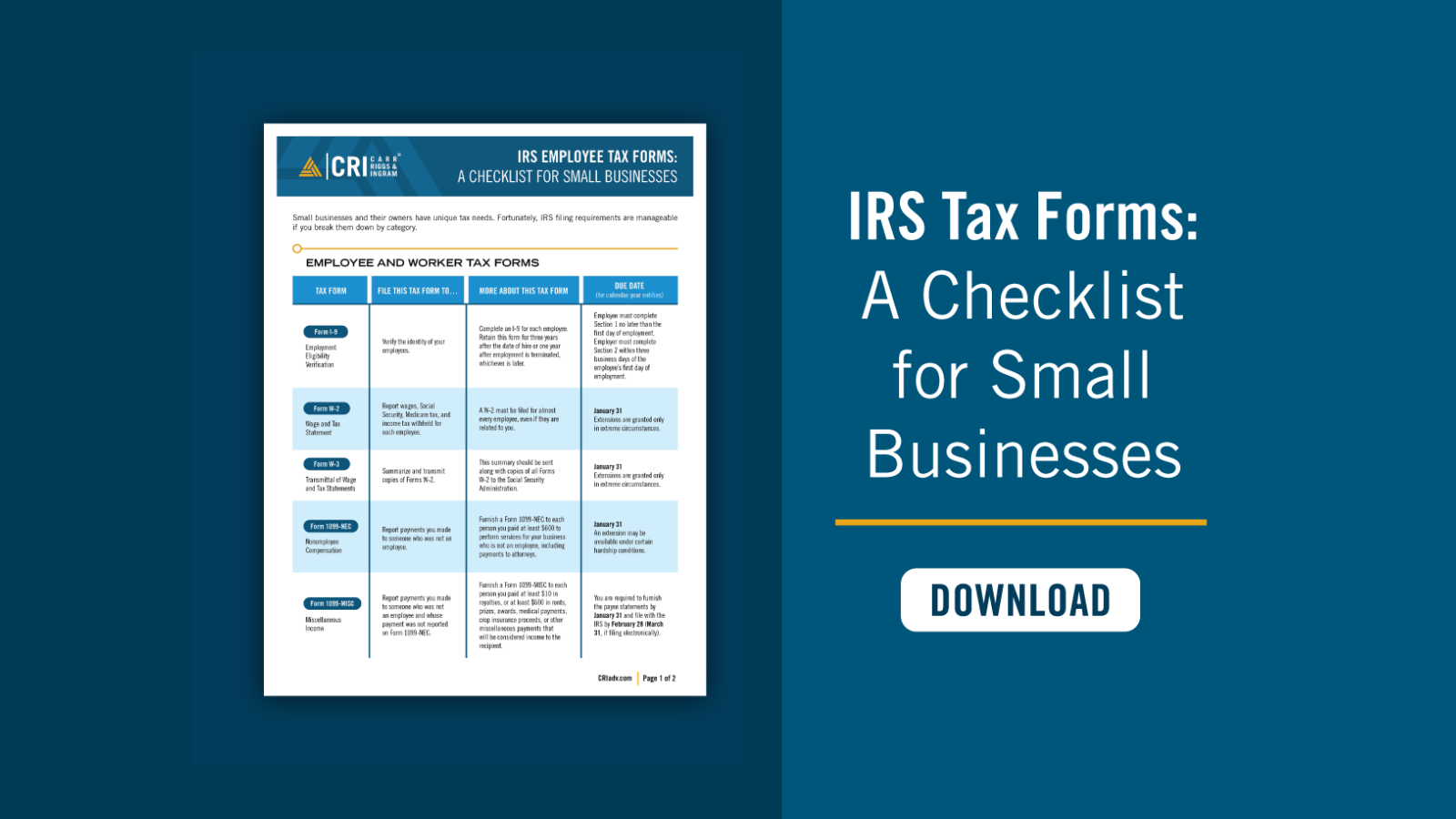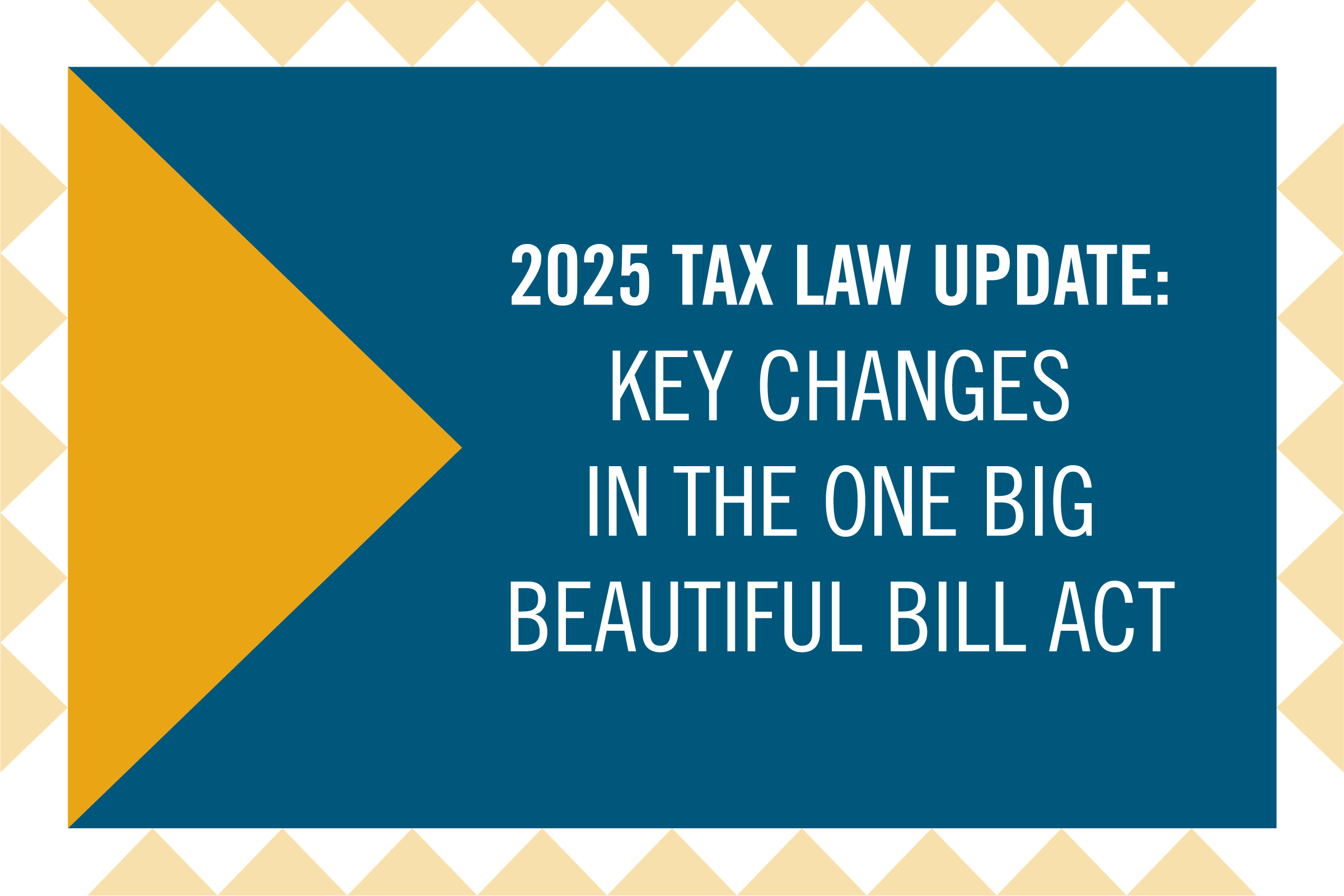Is Your Organization Running as Effectively as It Could Be?
- Contributors
- Caleb Bumbaugh
- Stephanie Schuchardt
Aug 20, 2025
Businesses exist to create value, whether through providing goods, delivering services, generating profit, or fulfilling a broader mission. But even the most well-run organizations can fall short when it comes to the operational necessities that promote long-term success—things like compliance, internal controls, financial oversight, and governance.
When determining if your organization could benefit from an operational assessment, ask yourself:
- Are we fully compliant with the latest tax laws, regulatory requirements, and industry-specific reporting standards?
- Do we have the right internal controls in place to safeguard assets, minimize risk, and prevent fraud?
- Are our policies, procedures, and financial reporting processes as strong, efficient, and transparent as they should be to support informed decision-making and organizational growth?
If any of these questions raise concerns, or if you’re simply seeking peace of mind, an operational assessment may be one of the most valuable steps your organization can take.
What Is an Operational Assessment?
Think of an operational assessment as a wellness check for your organization. It’s a proactive way to gain clarity, insight, and tailored recommendations that can help you strengthen internal systems, protect your assets, build stakeholder trust, and stay focused on your goals.
This customized service offers a comprehensive look at your organization’s operational health, with the flexibility to focus on the areas that matter most to you. Whether you choose a full-scope review or targeted support, the goal is the same: helping your organization thrive.
What’s Included in the Assessment?
A comprehensive operational assessment usually covers four critical areas of an organization’s operations. Each area is designed to identify strengths, expose potential vulnerabilities, and offer clear, actionable recommendations to help improve overall effectiveness.
1. Administrative & Governance Review
This part of the assessment focuses on reviewing the organization’s foundational documents and board-related policies. This typically includes articles of incorporation, bylaws, and key governance policies such as gift acceptance, investment, conflict of interest, record retention, and intellectual property. The objective is to ensure these practices are well-documented, up-to-date, and aligned with industry best practices for accountability and transparency.
2. Internal Controls Assessment
Internal controls play a critical role in safeguarding assets and minimizing the risk of fraud or error. An operational assessment typically includes a review of policies and procedures related to cash receipts and disbursements, contributions, payroll, journal entries, vendor approval processes, and user access rights. This evaluation helps determine whether the organization has appropriate checks and balances in place to protect its financial resources and ensure accountability.
3. Financial Reporting Analysis
Accurate, well-structured financial reporting is essential for informed decision-making and stakeholder transparency. As part of the assessment, this area typically includes a thorough review of the organization’s chart of accounts and overall financial reporting structure. It may also examine areas such as revenue recognition, expense allocation, and fixed asset management. The goal is to identify opportunities to improve clarity, consistency, and compliance with accounting standards—ultimately strengthening your organization’s financial foundation and ability to confidently tell its financial story.
4. Tax Compliance Review
Given the complexity and nuance of business tax law, a tax compliance review plays a critical role in identifying potential risks and ensuring continued good standing. This portion of the assessment focuses on key federal and state regulations that may affect your organization. It typically involves a review of IRS and state correspondence, along with documentation related to income tax, sales tax, and other industry-specific requirements. By uncovering red flags early, the review supports proactive compliance and helps safeguard your organization from costly penalties or inadvertent missteps.
What You’ll Receive from the Assessment
At the conclusion of the assessment, organizations typically receive a confidential, customized report that outlines key findings and practical next steps. This report includes a clear executive summary, specific recommendations, and actionable insights tailored to the organization’s needs. Many assessments also provide sample policies, templates, and tools to help implement improvements with confidence. The result is a clearer picture of your organization’s operational health—and the guidance you need to move forward strategically and effectively.
Time to Take a Closer Look
Whether you’re preparing for growth, responding to challenges, or simply looking to validate your current approach, a comprehensive operational assessment is the first step toward strengthening your organization’s foundation and ensuring long-term sustainability.
Ready to Strengthen Your Operations? Contact your CRI advisor to learn how an operational assessment can help your organization move forward with greater confidence, accountability, and impact. We’re here to provide the clarity and direction you need to make informed decisions and ensure your operations are aligned with strategies that promote long-term success.





